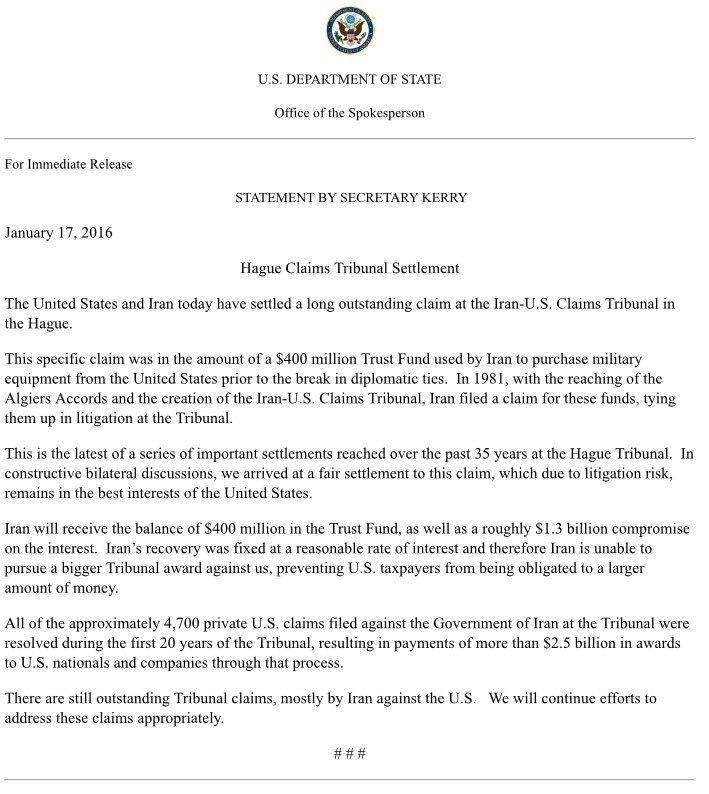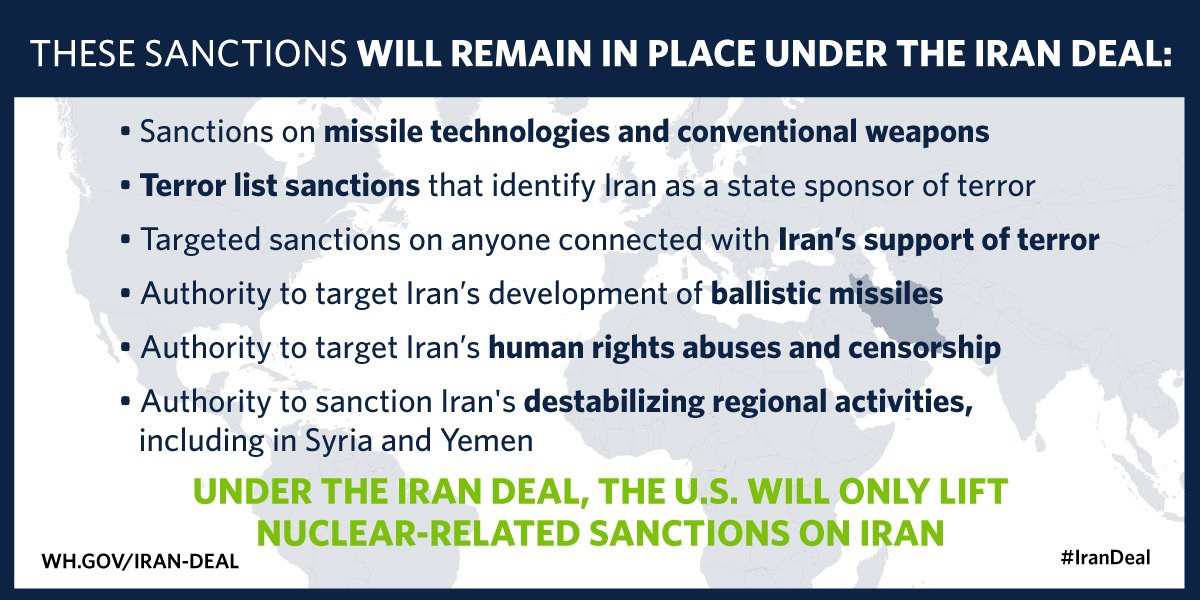And all the signals are beginning to apply to the United States….fair warning.
Davos/World Economic Forum
Davos Boss Warns Refugee Crisis Could Be Precursor to Something Much Bigger
Bloomberg: As the crash in commodities prices spreads economic woe across the developing world, Europe could face a wave of migration that will eclipse today’s refugee crisis, says Klaus Schwab, executive chairman of the World Economic Forum.
“Look how many countries in Africa, for example, depend on the income from oil exports,”Schwab said in an interview ahead of the WEF’s 46th annual meeting, in the Swiss resort of Davos. “Now imagine 1 billion inhabitants, imagine they all move north.”
Whereas much of the discussion about commodities has focused on the economic and market impact, Schwab said he’s concerned that it will also spur “a substantial social breakdown.”
That fits into what Schwab, the founder of the WEF, calls the time of “unexpected consequences” we now live in. In the modern era, it’s harder for policy makers to know the impact of their actions, which has led to “erosion of trust in decision makers.”
“First, we have to look at the root causes of this,” Schwab said. “The normal citizen today is overwhelmed by the complexity and rapidity of what’s happening, not only in the political world but also the technological field.”
That sense of dislocation has fueled the rise of radical political leaders who tap into a rich vein of anger and xenophobia. For reason to prevail, Schwab said, “we have to re-establish a sense that we all are in the same boat.”
The theme for this year’s meeting is the Fourth Industrial Revolution, which the WEF defines as a “fusion of technologies that is blurring the lines between the physical, digital, and biological spheres.”
While that presents huge opportunities, Schwab warns that technological innovation may result in the loss of 20 million jobs in the coming years. Those job cuts risk “hollowing out the middle class,” Schwab said, “a pillar of our democracies.”
At the same time, Schwab argues, trends like the sharing economy and the changes wrought by technology mean economists must adapt the tools they use to assess well-being. “Many of our traditional measurements do not work anymore,” he said.
After decades watching the ebbs and flows of the global economy, Schwab said the current anxiety is “not new” for him. But he said that as the world gets ever more interconnected, the consequences of such turmoil could become more grave. This week’s WEF meeting, he said, will offer policy makers “the first opportunity after the markets have come down to look at the situation and coordinate.”
Davos facts for this year:
CNNMoney: Around 2,500 participants from more than 100 countries, including 40 heads of state, attend the gathering in Switzerland, formally known as the World Economic Forum annual meeting. This year, the theme is “Mastering the Fourth Industrial Revolution.”
It takes place in the mountains. Way up. At 1,560 meters (5,120 feet) above sea level, Davos is Europe’s highest town. Its population is just over 11,000 and the average temperature in January is -5°C/23°F.
Why in such a remote, cold place? Tradition. Also, it’s much easier to secure a little town wedged between the mountains than a conference center in a big city — remember, 40 heads of states are coming.
Only once was the meeting held outside of Davos: In 2002, in New York, as a gesture of solidarity after the 9/11 terrorist attacks.
Davos is safe. The organizers don’t release specific information, but it is estimated that around 5,000 Swiss troops, police and security personnel guard the town.
Davos is pricey. The ticket is around $20,000 and that’s just the tip of the iceberg. Travel can cost thousands, and a night in a medium-range hotel is around $600. Add to it wining, dining, and essential accessories like snow boots, and the total bill can add up to around $40,000.
Davos is green. The town’s CO2 levels fall on average up to 30% during the annual meeting, thanks to controls on vehicle emissions and the use of electric transport.
Besides the skiing, what’s it all about? Meetings. Hundreds of them. With major companies, countries and media represented, there is hardly a better opportunity to schmooze and make deals. But the forum is not about big public announcements. Meetings are informal and take place behind closed doors.
Who is coming this year? Nearly everyone who matters in the world of business. Bill Gates will be there, as will Mary Barra, Satya Nadella, Jack Ma, Eric Schmidt, Sheryl Sandberg and dozens of other CEOs.
The IMF chief Christine Lagarde will be in Davos, with ECB President Mario Draghi and the governors of 10 national central banks.
The U.S. will be represented by Joe Biden and John Kerry. Loretta Lynch, the U.S. Attorney General, is also coming, as is Penny Pritzker, the Secretary of Commerce.
The King and Queen of Jordan will be there, as will Bono, Leonardo DiCaprio, Yao Chen and will.i.am.
They’ll all be closely followed by around 250 journalists, including a posse from CNN.
And the no-shows? Neither Barack Obama nor Vladimir Putin are coming to Switzerland. German Chancellor Angela Merkel is also sitting it out this year.


